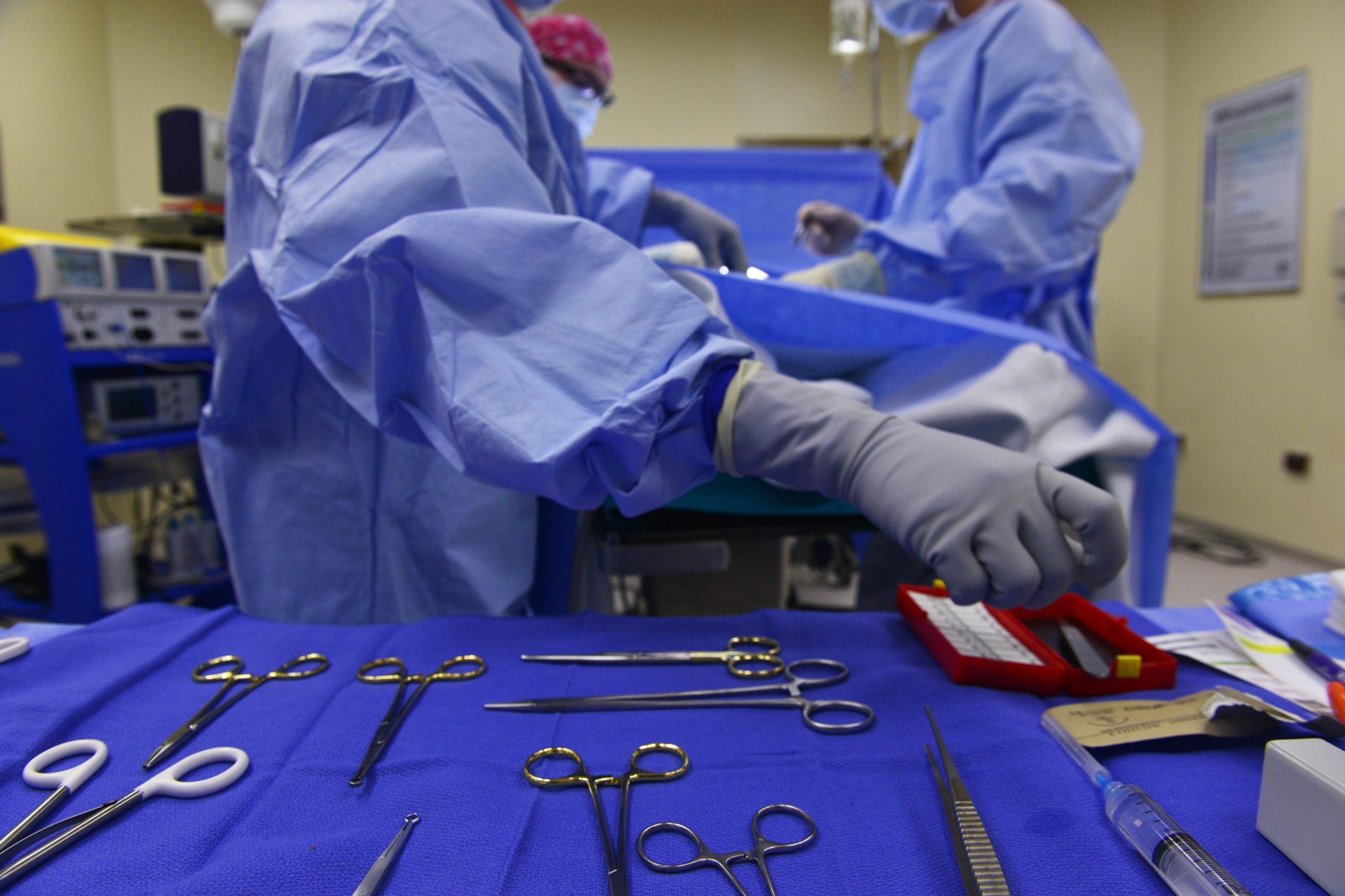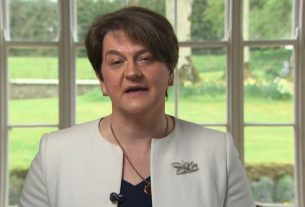Matt Hancock’s blueprint to reform the NHS, better integrate social care and “do away with irksome bureaucracy” will also hand greater power over the NHS to ministers.
Conservatives have broadly welcomed Hancock’s shakeup to the health service, laid out today, while Labour has been questioning the health secretary’s priorities and timing given the UK is “in the middle of the biggest public health crisis our NHS has ever faced”.
Hancock however insists there is “no better time than now” to push forth with the changes he claims have been worked out with NHS staff and local authorities.
New plan reverses the last big plan for NHS reform
The white paper – ‘Integration and Innovation: working together to improve health and social care for all’ – was published today (Thursday) sets out the proposed legislation and Hancock told MPs: “The pandemic has made the changes in this White Paper more not less urgent.”
Hancock’s plan reverses the last big plan for NHS reform – undertaken by David Cameron’s government in 2012. It will see the NHS and local councils working together to make decisions about local health with ‘integrated care systems’ set up across England which will be responsible for funding health care in their areas.
“The new approach is based on the concept of population health,” Hancock told the Commons, explaining integrated care systems, “will provide not just for the treatments that are needed but support people to stay healthy in the first place.”
Hancock said: “Medical matters are matters for ministers,” and added: “NHS England will have a clinical and day-to-day operational independence, but the secretary of state will be empowered to set direction for the NHS and intervene where necessary.”
Third of all Covid hospital patients admitted in January
The Guardian reports that data released by NHS England today has revealed almost a third of people needing hospital treatment for Covid during the pandemic, were admitted in January. The figures show the number of patients admitted to hospital between December and January increased by 79% with 101,956 Covid-19 admissions in the first month of the year.
The Royal College of Nursing’s England director, Mike Adams called the numbers “staggering” while shadow health secretary Jonathan Ashworth asked about the timing of Hancock’s announcement.
“We’re in the middle of the biggest public health crisis our NHS has ever faced, staff on the frontline are exhausted and underpaid. The Royal College of Nursing says the NHS is on its knees,” said Ashworth. “And the secretary of state thinks this is the right moment for a structural reorganisation of the NHS.”
China bans ‘fake news’ BBC at start of Lunar New Year
In other news, China has banned BBC World News broadcasting on its territory, the BBC reports, following criticism from Beijing about the BBC’s coverage of the persecution of the Uighar population.
British media watchdog and regulator Ofcom revoked China Global Television News (CGTN) licence to broadcast in the UK earlier this month after it found CGTN’s licence was wrongly held by Star China Media Ltd.
The Financial Times states the licence was revoked “after an investigation found it [CGTN] was editorially controlled by the Chinese Communist party, contradicting the regulator’s rules.”
CGTN was also found in breach of broadcasting regulations last year for airing an allegedly forced confession of UK citizen Peter Humphrey.
Foreign secretary Dominic Raab tweeted: “China’s decision to ban BBC World News in mainland China is an unacceptable curtailing of media freedom. China has some of the most severe restrictions on media & internet freedoms across the globe, & this latest step will only damage China’s reputation in the eyes of the world.”
China’s BBC ban will only affect hotel viewers as BBC World News never had a licence to broadcast into Chinese homes.
The statement announcing the ban “was published at the stroke of Lunar New Year”, remarks the FT, saying the BBC has recently been accused by the Chinese government of reporting “fake news” in its coverage of China’s response to the pandemic and the treatment of Muslim Uighars in Zianjang province.




